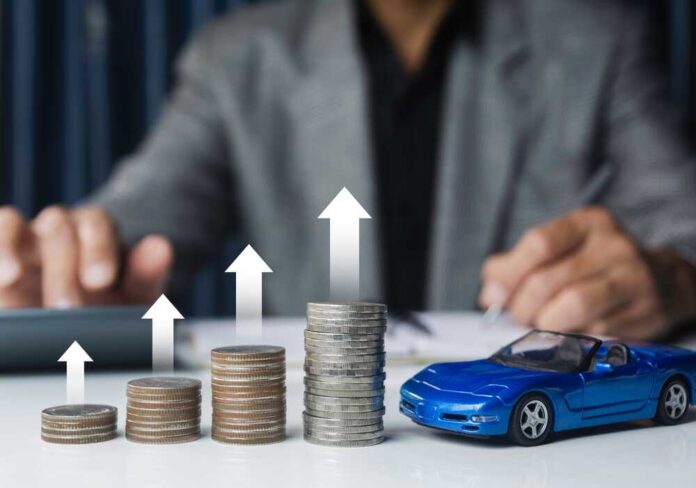
As the average price of a new car in America surges past $50,000, millions of working families are left wondering if owning a new vehicle is now only for the wealthy elite.
Story Highlights
- Average new car price in the U.S. exceeds $50,000 for the first time, according to Kelley Blue Book.
- Wealthier households now dominate the new car market, while affordable options for average Americans have vanished.
- Government fiscal mismanagement and inflation continue driving costs higher, pricing out middle- and lower-income buyers.
- Used car prices are also rising, leaving limited options for budget-conscious families.
Record-High New Car Prices Leave Working Americans Behind
Mid this year, Kelley Blue Book reported that the average transaction price of a new vehicle in the United States had soared to an unprecedented $50,080. This milestone marks a 2.1% increase from August and a 3.6% rise year over year—the largest annual jump in over two years.
Industry analysts attribute this escalation to a market where high demand meets shrinking affordability, with best-selling vehicles, such as Ford’s pickup trucks, now routinely carrying price tags north of $65,000.
The average price of a new car in America topped $50,000 for the first time last month, driven by a surge in sales of expensive electric vehicles and luxury models https://t.co/XVhpXthVi4
— Bloomberg (@business) October 13, 2025
The Vanishing Affordable Car: Middle Class Squeezed Out
Industry experts warn that the days of the $20,000 new car are effectively over. Cox Automotive’s Erin Keating noted that “the $20,000 market for cars is extinct,” pushing lower-income and price-conscious Americans out of the new car market and into a rapidly inflating used car segment.
For middle-class families, the choice is now between taking on massive debt for a new car or accepting older, less reliable vehicles. This shift erodes the traditional pathway to reliable transportation for working Americans and undermines the financial stability of countless households.
Inflation and Fiscal Policies Fuel the Crisis
Recent Consumer Price Index (CPI) data support the trend of relentless price increases. In August 2025 alone, new vehicle prices rose 0.3%, and used vehicles surged 1%, with year-over-year increases of 0.7% and 6%, respectively.
These numbers reflect the ongoing impact of inflation fueled by years of government overspending, reckless stimulus packages, and fiscal mismanagement.
Despite a change in presidential administration, the aftershocks of prior policies continue to ripple through the economy, making the American dream of car ownership harder to achieve for everyday citizens.
Wealth Gap Widens as Access to Capital Drives Purchases
The current auto market is driven largely by wealthier households, who have access to capital and attractive loan rates unavailable to average buyers. This dynamic further widens the gap between the economic elite and working families.
Attractive financing options and incentives are often reserved for those with the best credit, leaving many Americans unable to qualify for affordable loans. The shift not only limits mobility for millions but also signals a broader trend of economic stratification that threatens the core of the American middle class.
Used Car Market No Longer a Safe Haven
For years, the used car market served as a refuge for Americans priced out of new vehicles. Now, even that option is slipping away. Used car prices have inflated by 6% over the past year, squeezing family budgets even tighter.
As both new and used vehicles become less attainable, many are left with no viable path to safe, reliable transportation. This crisis challenges the notion of upward mobility and economic opportunity, values that conservatives believe are central to the nation’s foundation.
Government Shutdown Delays Critical Data
The September 2025 CPI report, which would provide a more complete picture of the inflation crisis, has been delayed due to the ongoing government shutdown.
This lack of timely data leaves consumers and policymakers in the dark, further eroding trust in government institutions and highlighting the consequences of political gridlock. As Americans feel the pinch at the dealership and in their wallets, frustration with failed fiscal policies and government overreach only grows.



















